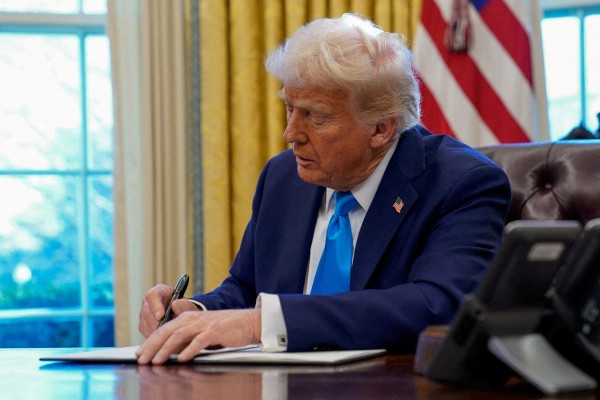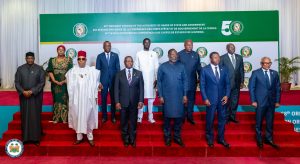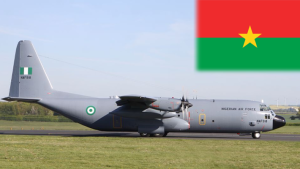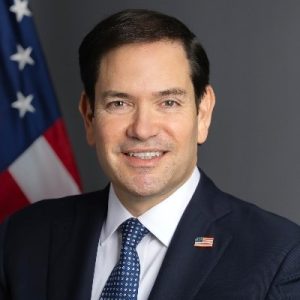The United States is contemplating imposing travel restrictions on 36 countries, including Nigeria, in a significant escalation of the Trump administration’s immigration policies. The proposed measures, detailed in a State Department memo obtained by The Washington Post, cite issues such as visa overstays, inadequate documentation, and security concerns as justifications for the potential bans.
The memo, signed by Secretary of State Marco Rubio and circulated to US diplomats on Saturday, lists 25 African nations—comprising roughly 70% of the targeted countries—alongside nations in the Caribbean, Central Asia, and several Pacific Island states. Notable US partners, including Egypt and Djibouti, are among those facing scrutiny. The listed countries include Angola, Benin, Burkina Faso, Cameroon, Democratic Republic of Congo, Ethiopia, Ghana, Ivory Coast, Liberia, Malawi, Mauritania, Niger, Senegal, South Sudan, Tanzania, Uganda, Zambia, Zimbabwe, Antigua and Barbuda, Cabo Verde, Dominica, Saint Kitts and Nevis, Saint Lucia, Sao Tome and Principe, Bhutan, Cambodia, Kyrgyzstan, Syria, Tonga, Tuvalu, and Vanuatu.
The administration has given these nations a 60-day ultimatum to meet new benchmarks set by the State Department, with an initial action plan due by 8 a.m. Wednesday. The memo outlines various shortcomings, including unreliable identity documents, widespread government fraud, and high rates of visa overstays. Additional concerns include countries offering citizenship through investment without residency requirements and alleged “antisemitic and anti-American activity” by individuals from these nations. However, the memo suggests that agreeing to accept deported third-country nationals or entering a “safe third country” agreement could alleviate some concerns.
This move follows a presidential proclamation on 4 June, which restricted entry from 12 countries, including Afghanistan, Myanmar, Chad, Republic of Congo, Equatorial Guinea, Eritrea, Haiti, Iran, Libya, Somalia, Sudan, and Yemen, while partially restricting travellers from Burundi, Cuba, Laos, Sierra Leone, Togo, Turkmenistan, and Venezuela. The latest proposal marks a dramatic expansion of these restrictions, aligning with President Donald Trump’s campaign pledge to reinstate and expand travel bans initially introduced during his first term.
Critics, including Democrats, have condemned the administration’s approach as xenophobic, highlighting the disproportionate targeting of African and Caribbean nations and recalling Trump’s earlier attempts to block travel from Muslim-majority countries. The initial 2017 travel ban, which targeted Iran, Iraq, Syria, Somalia, Sudan, Yemen, and Libya, sparked chaos at airports and faced multiple legal challenges before the Supreme Court upheld a revised version in June 2018. Although rescinded under President Joe Biden, Trump vowed during his campaign to reinstate a “bigger” ban.
On Inauguration Day, the White House issued an executive order directing agencies to identify countries with deficient vetting and screening processes, paving the way for the current proposal. The State Department declined to comment on internal deliberations, and the White House did not respond to requests for comment. It remains unclear when the proposed restrictions would take effect if the listed countries fail to meet the administration’s demands.
- Historic Absence: Nigerian President Tinubu Misses ECOWAS Summit in Abuja
- Remi Tinubu’s Power Trip with Gov. Adeleke- By Farooq Kperogi
- Burkina Faso accuses Nigerian Air Force jet of airspace violation as 11 soldiers detained
- ECOWAS Orders Immediate Troop Deployment to Benin from Nigeria, Côte d’Ivoire, Sierra Leone, Ghana
- Coup d’État Shakes Benin: President Patrice Talon Missing After Military Takeover






